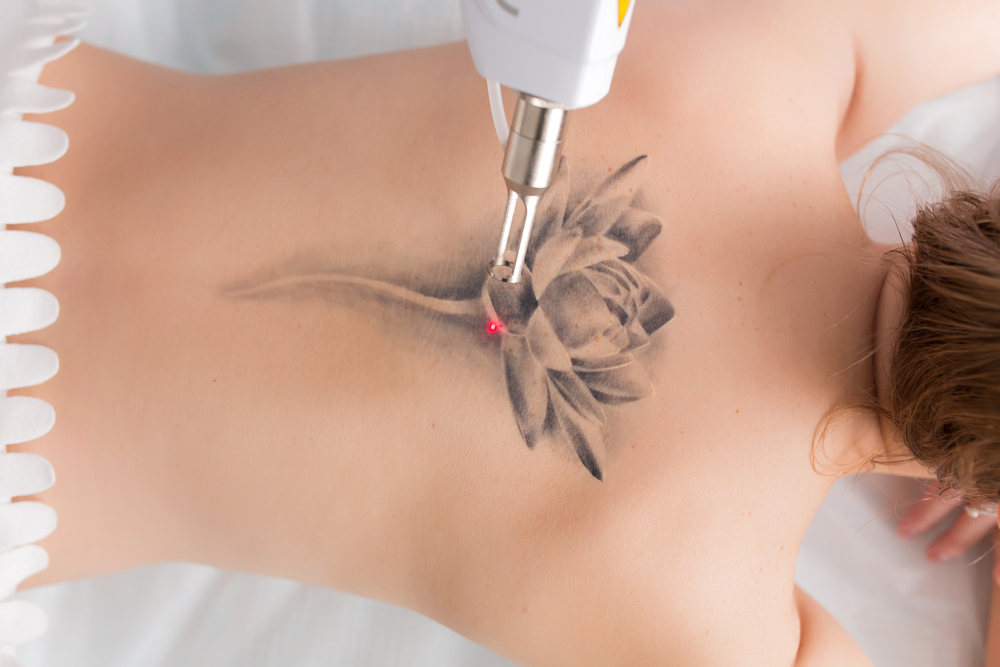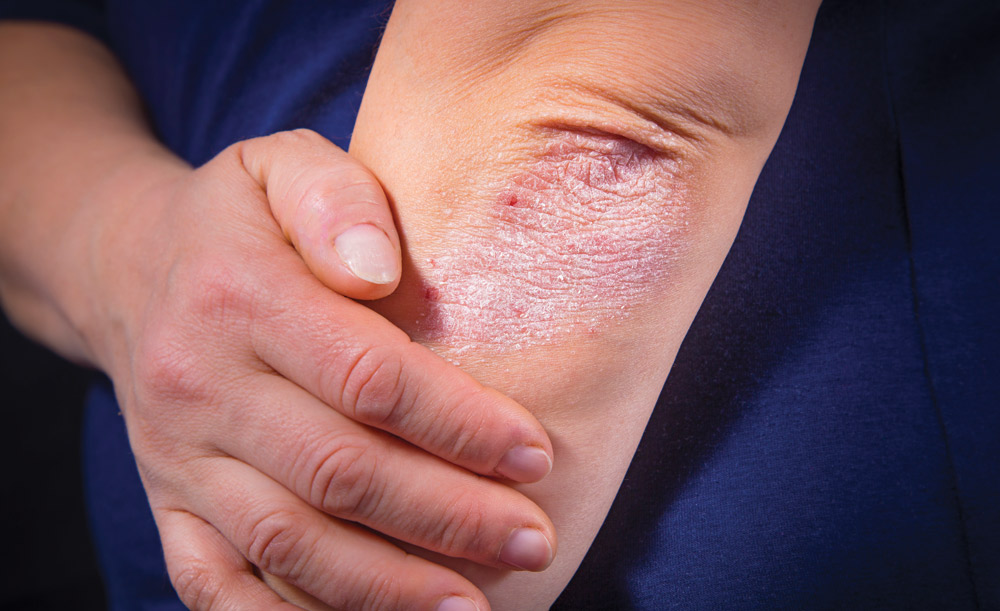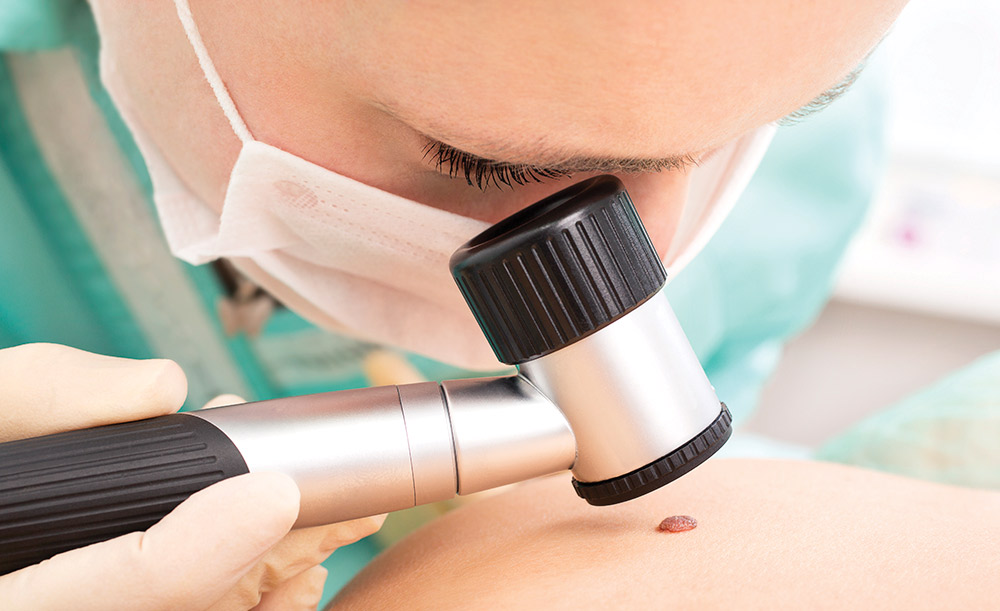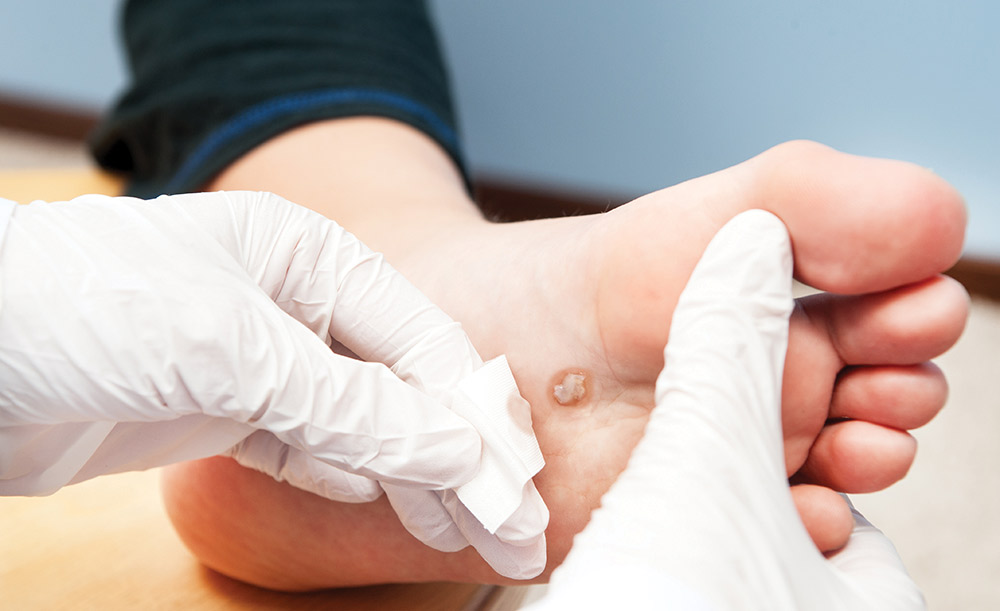Tattoos can be rough if you don’t want them anymore. About one in five Americans get tattoos–and about one half of them regret getting the tattoo.
For many, it’s the particularly colorful tattoos that fade over time that they regret. But the kicker is that these are also the most difficult and painful tattoos to remove: which is why a new breakthrough in tattoo removal might just be a huge sigh of relief for many tattooed wanting to be formerly tattooed individuals.
Why Tattoos Are so Resilient
You might think removing at tattoo is as simple as removing the layer of skin the tattoo is contained in. Maybe you have to get in deep, but, if you remove the canvas you remove the ink, right?
Not so, according to some French scientists who discovered that tattoos actually pass ink onto then ext generation of cells. Macrophages in the skin absorb the pigments–and release the ink when they die, which are then absorbed by the neighboring cells.
Understanding this might just revolutionize the way we remove tattoos. Right not, we currently use lasers of high intensities to break up the pigment that’s absorbed by the skin. This involves heating up the pigment at a super fast speed–on the level of nanoseconds and picoseconds — so that the skin is damaged as little as possible.
But if we understand the cycle by which the pigment is absorbed, released, and reabsorbed by the body, we might just be able to break the vicious cycle — in a way that’s not as damaging to the body.
Through what mechanism of action? That remains to be seen. But, theoretically, if it were possible to stop the reabsorption process, then perhaps the extra step taken to break up the pigment (which can be painful) can be circumvented entirely.
Want to know more about getting your tattoo removed? Contact Integrated Dermatology of Reston today to schedule your appointment.









